The Continent of Africa, the birthplace of human civilization, has had its territory ravaged constantly by forces outside of its control. From the kidnapping and enslavement of its people, colonialization, and neo-colonialization and, now a global pandemic which worsens the legacies of previous tragedies, it is now faced with food insecurity and an ever-increasing threat of famine. In October of 2021, the United Nations (UN) commenting on the Ethiopian/Tigray conflict, reported that over 5 million people need humanitarian assistance and, 400,000 are in famine and 1.8 million are on the brink of famine.
In an open letter from 200 humanitarian groups to the United Nations General Assembly meeting in New York which opened on September 13, 2022, the letter mentioned in part that one person dies of hunger every four seconds. This is an abomination when the world has so much available resources that no one should go to bed hungry or die of hunger but, the excesses of greed and the individualism of global capitalism, is solely responsible for this human tragedy. Adding to this human atrocity is the role of military intervention used to resolve disputes between nations and the worsening effects of climate change, which is especially critical on the continent of Africa, because of its geography.
Worsening Crisis in Eastern Africa
Adam Abelmoula who is the deputy representative of the UN secretary-general and the UN humanitarian coordinator of Somalia, said in part on Democracy Now: “the current unprecedented drought that is the result of four consecutive failed rainy seasons, with the fifth and sixth projected…is causing a huge food insecurity…7.1 million Somalis are acutely food insecure, among them 1.5 million children below the age of 5 are acutely malnourished; within this category there are 365,000 who are severely malnourished and may not make it by the end of October this year.” Somalia like many other African countries that are close to the equator, suffers naturally from arid climates; however, years of colonial and neo-colonial underdevelopment in agriculture, plus the increasing effects of climate change are all contributors to the impending food crisis. The situation in neighboring Ethiopia is also cause for great global concern as military conflicts and incursions have added to the grim situation.
Once again the military forces of Ethiopia and Eritrea are engaged in hostilities against the forces of Tigray, after a five-month cease-fire. The latest conflict is a continuation of the unresolved conflict from November 4 2020, in which it was reported that over 2 million people were forced to leave their homes some crossing in neighboring Sudan. Media and civil organizations have reported that the Ethiopian air-force have carried out airstrikes and drone attacks on the Tigray region resulting in numerous civilian deaths. To compound the situation the Eritrean military has reportedly invaded areas of Tigray and have shelled civilian targets; recent estimates list the civilian deaths at 500,000 as a result of the blockade imposed on Tigray by Ethiopia. Starvation, hunger-related diseases, lack of medical care resulting from the de facto blockade prevents food, fuel, and medicines from reaching the devasted Tigray region.
Immediate Ceasefire – Pre-Condition For Peace Talks
It is an undeniable fact that peace is a pre-condition for social progress. Socio-economic development cannot take place and be sustainable in an atmosphere of social upheaval, inter-nation conflict and war. Valuable material and human resources are unreasonably used to support the war effort; humanitarian facilities and important infrastructure are damaged and destroyed and will require rebuilding for years to come. This situation is untenable and serves the interests of no one on the African Continent except the forces of reaction and their imperialist masters outside of Africa. Divide and rule through economic and military dependence continues to be commonplace throughout the Continent and the diaspora, long after the colonialists have formally left the territories.
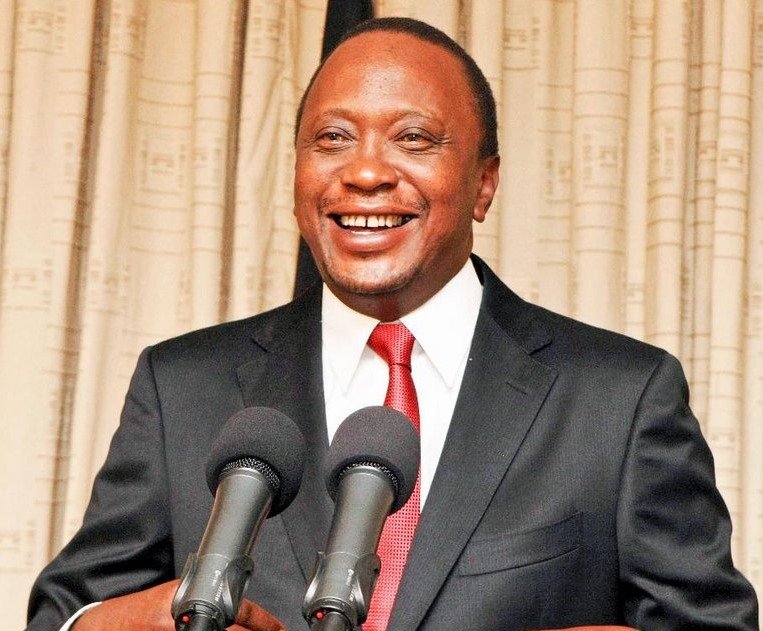
Kenyan President, Uhuru Kenyatta - Photo: newz.ug
In October of 2021, I wrote that the African Union (AU) needs to play a more visible and decisive role in the resolution of this conflict. In this regard it is encouraging to note that Tigray leaders have announced that they are considering a peace program led by the African Union (AU). Although Tigray was initially reluctant because of sincerity concerns, both parties need to come to the table and negotiate in good faith based on mutual respect and the preservation of the human and cultural rights of all parties. The success of the peace talks may prove more encouraging to all parties, since former Kenyan President Uhuru Kenyatta, was appointed as Kenya’s Special Representative for the peace talks. In order to effectuate this, there must be an immediate ceasefire and an end to hostilities from all parties; blockades and military operations are not an amicable, humanitarian, or sustainable solution.


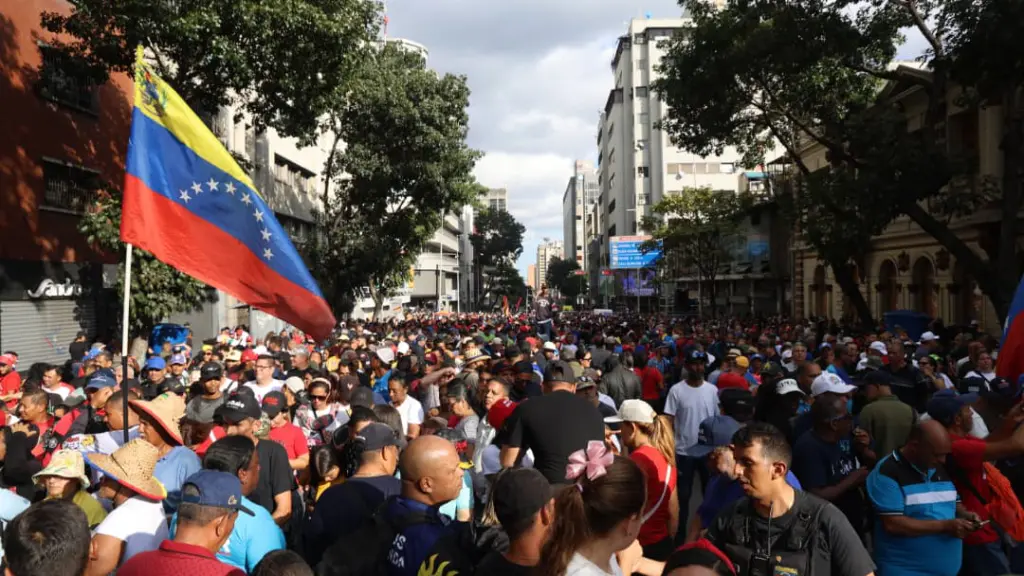


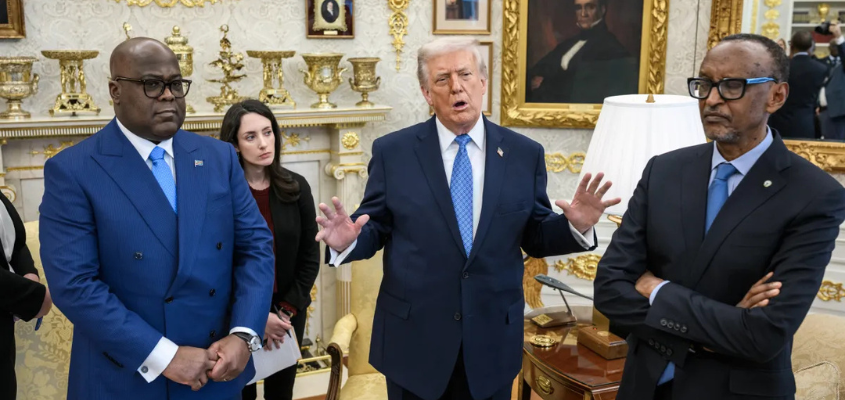


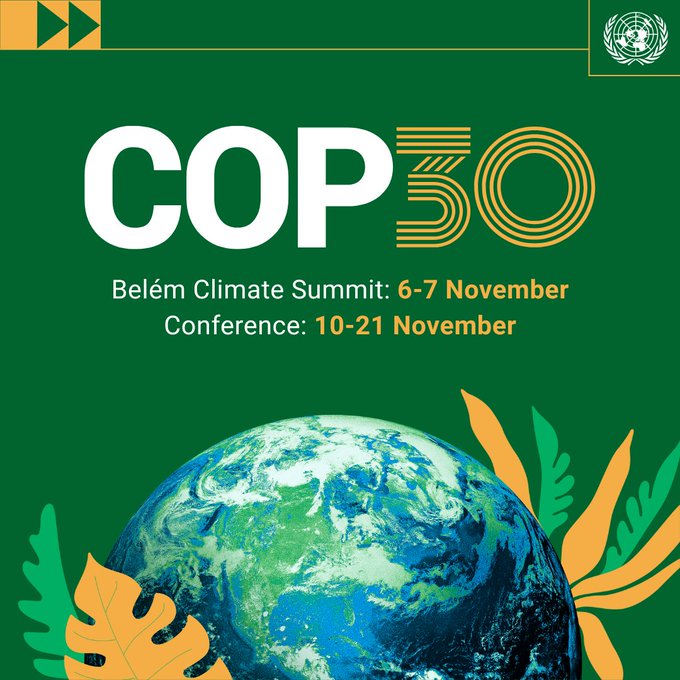

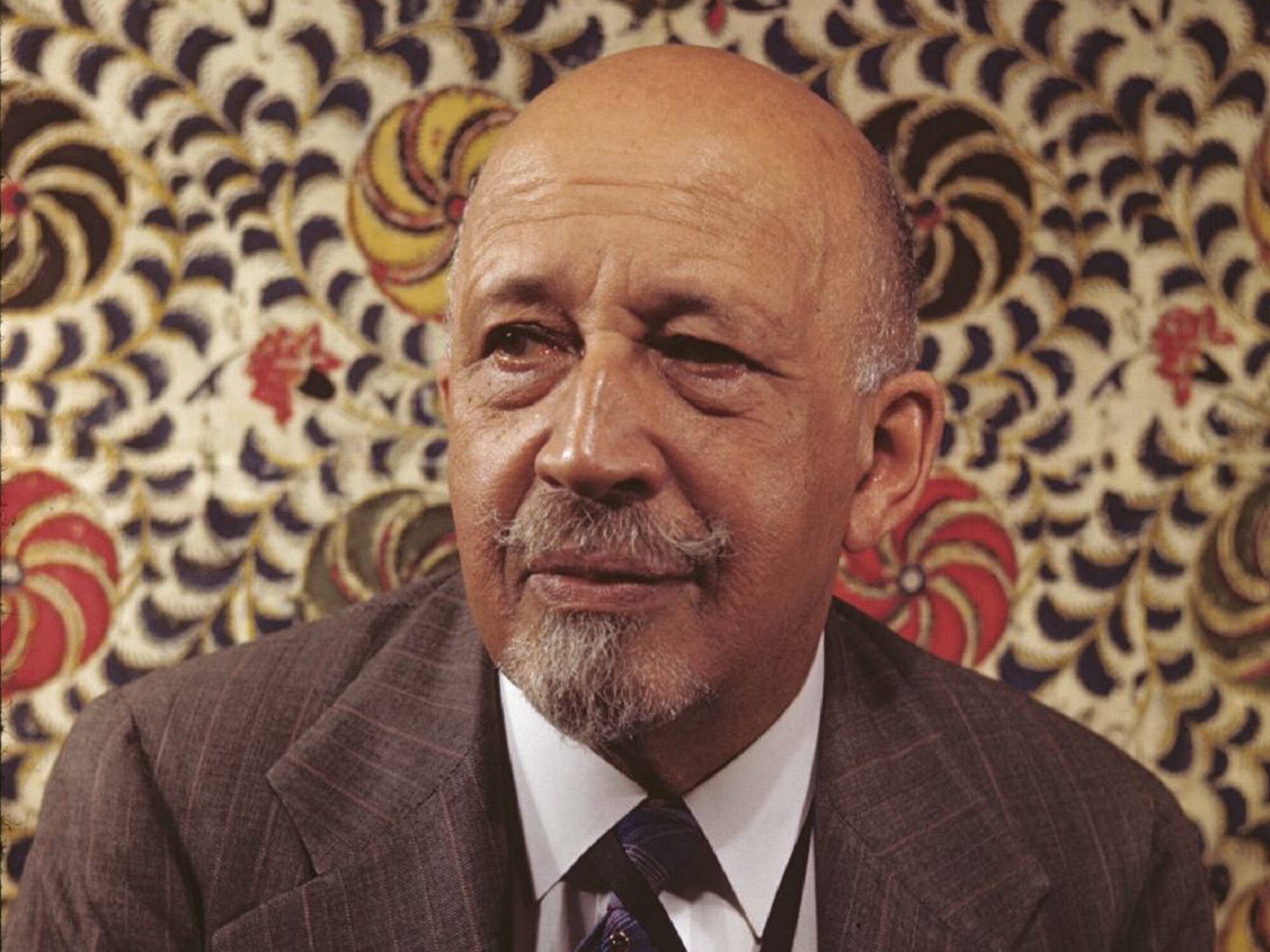

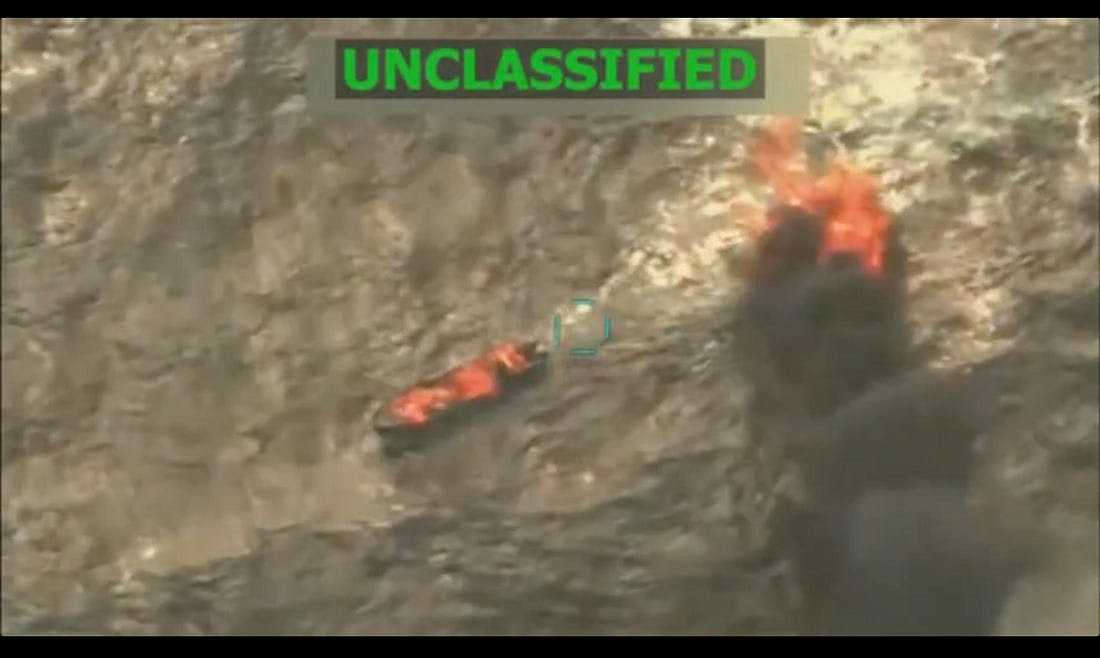



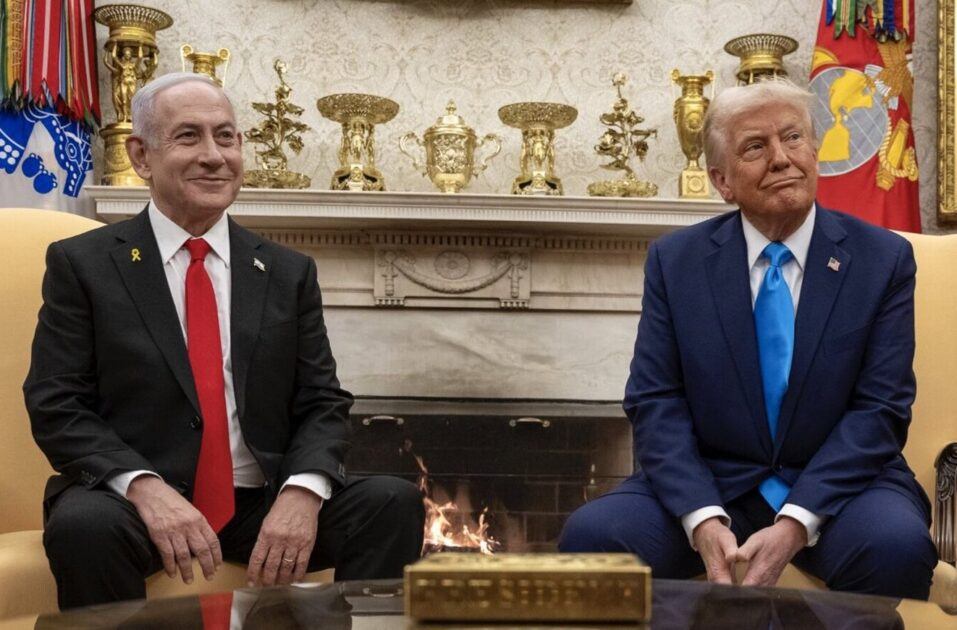


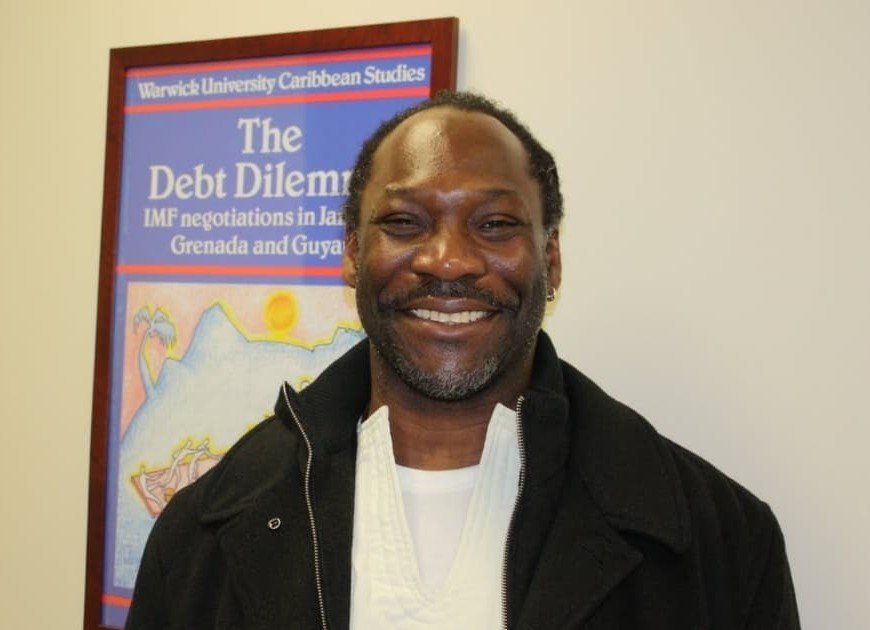


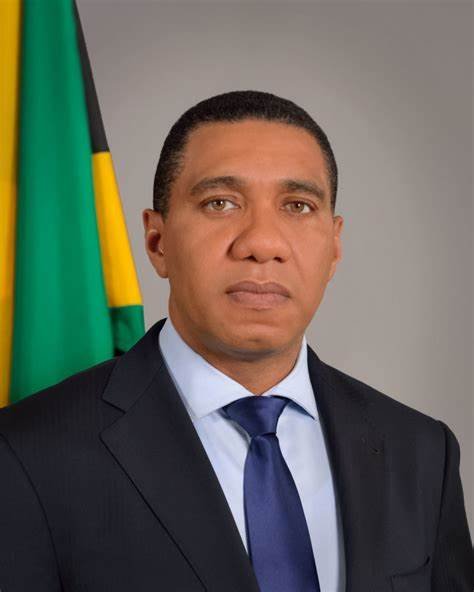

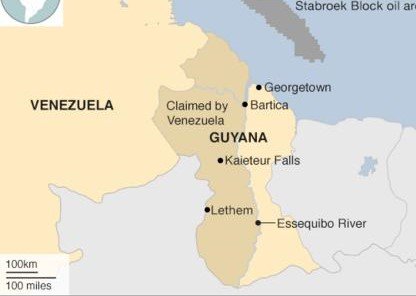
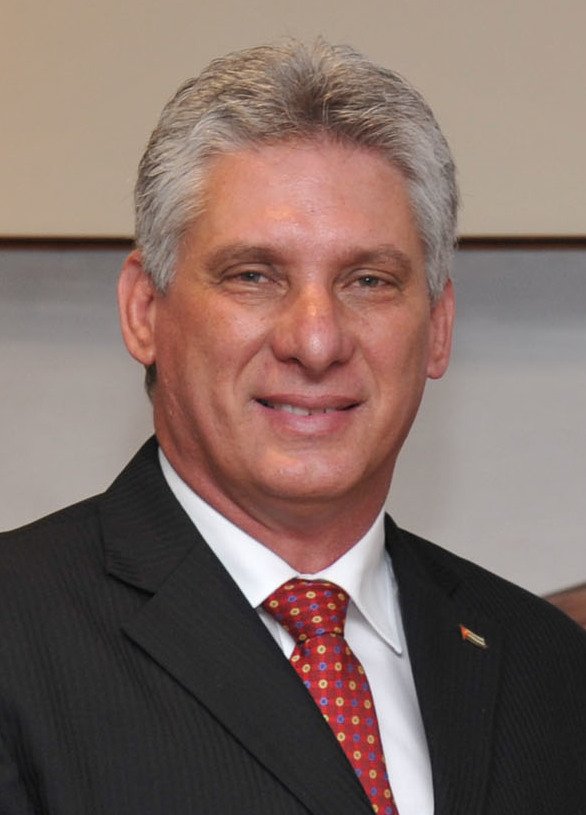
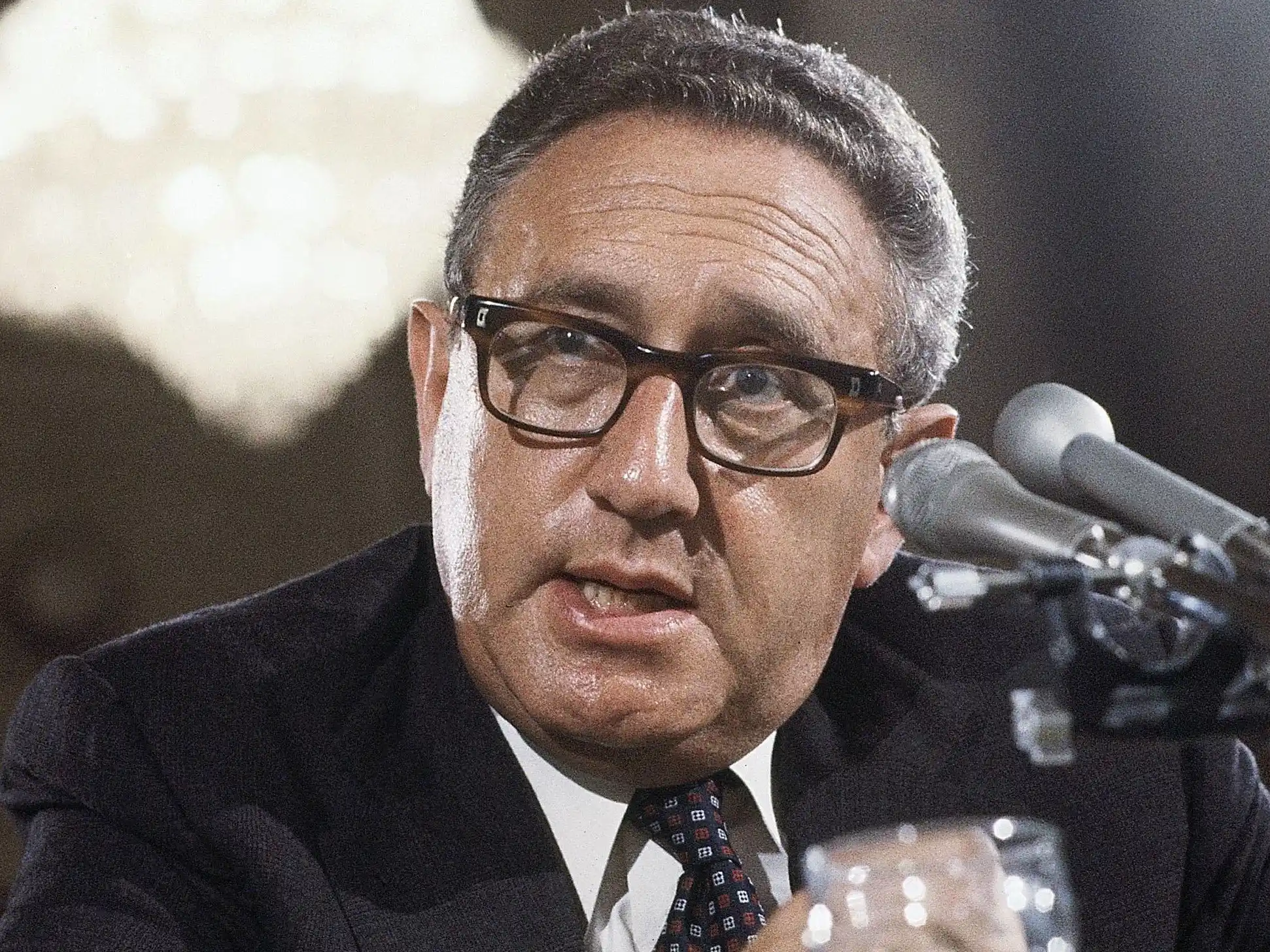
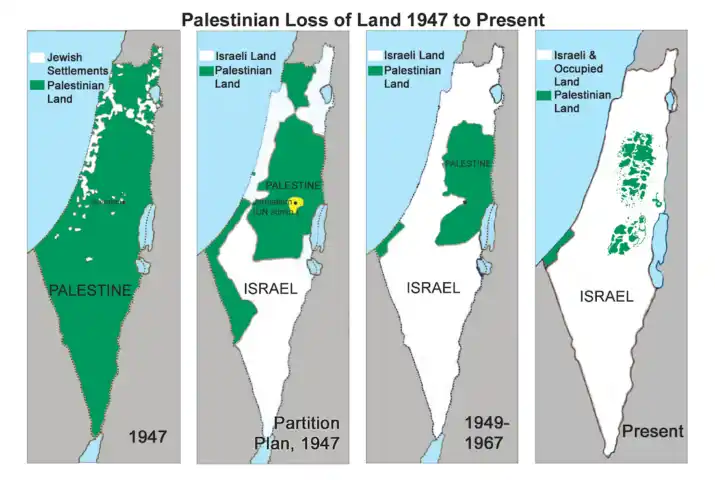
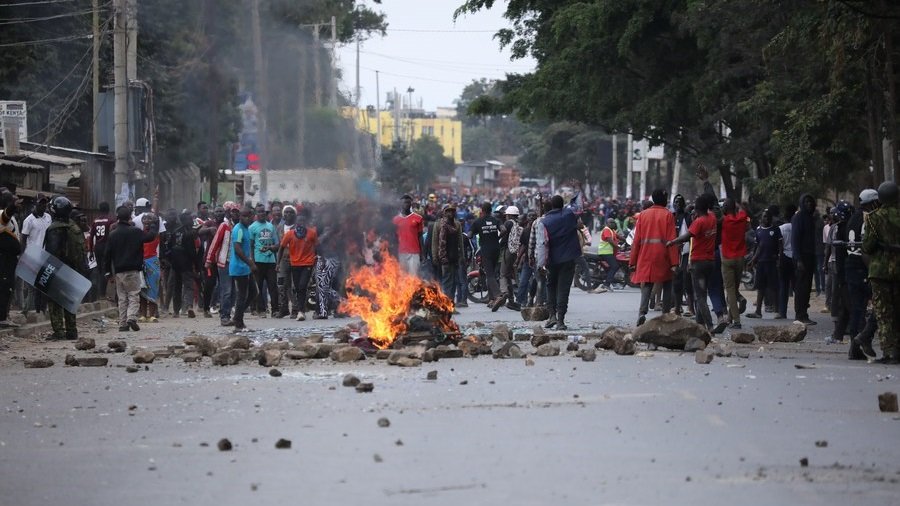

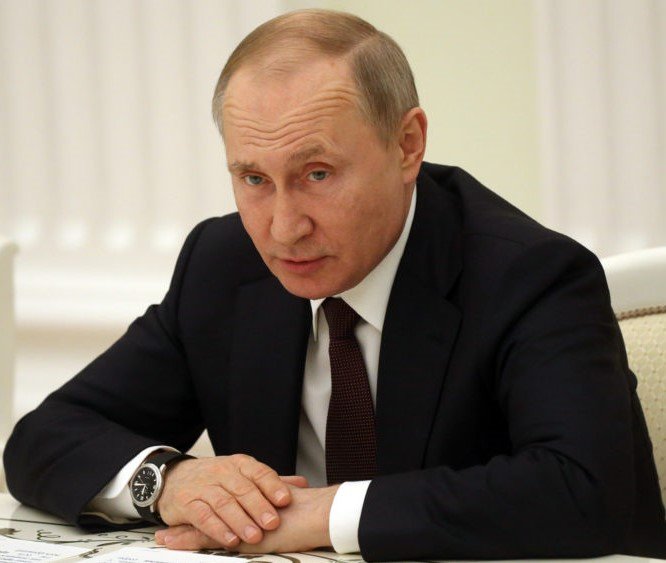





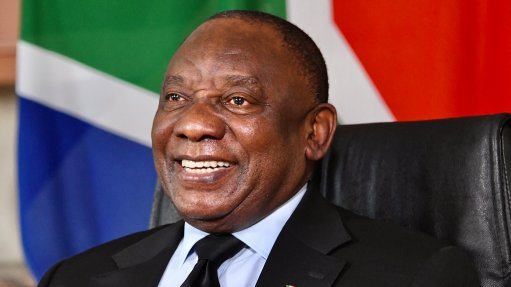



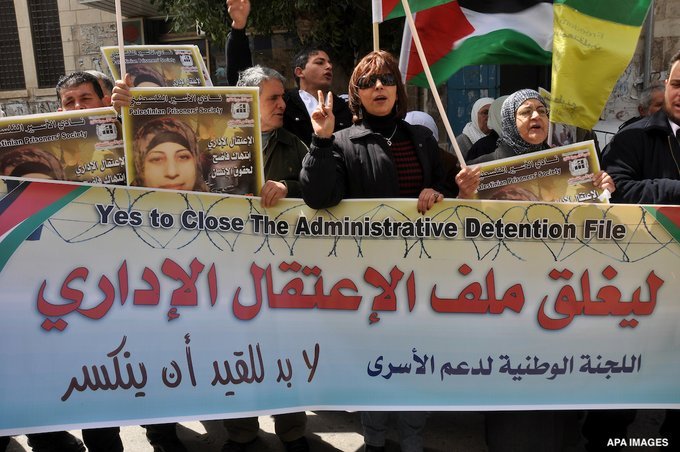

Share with your network